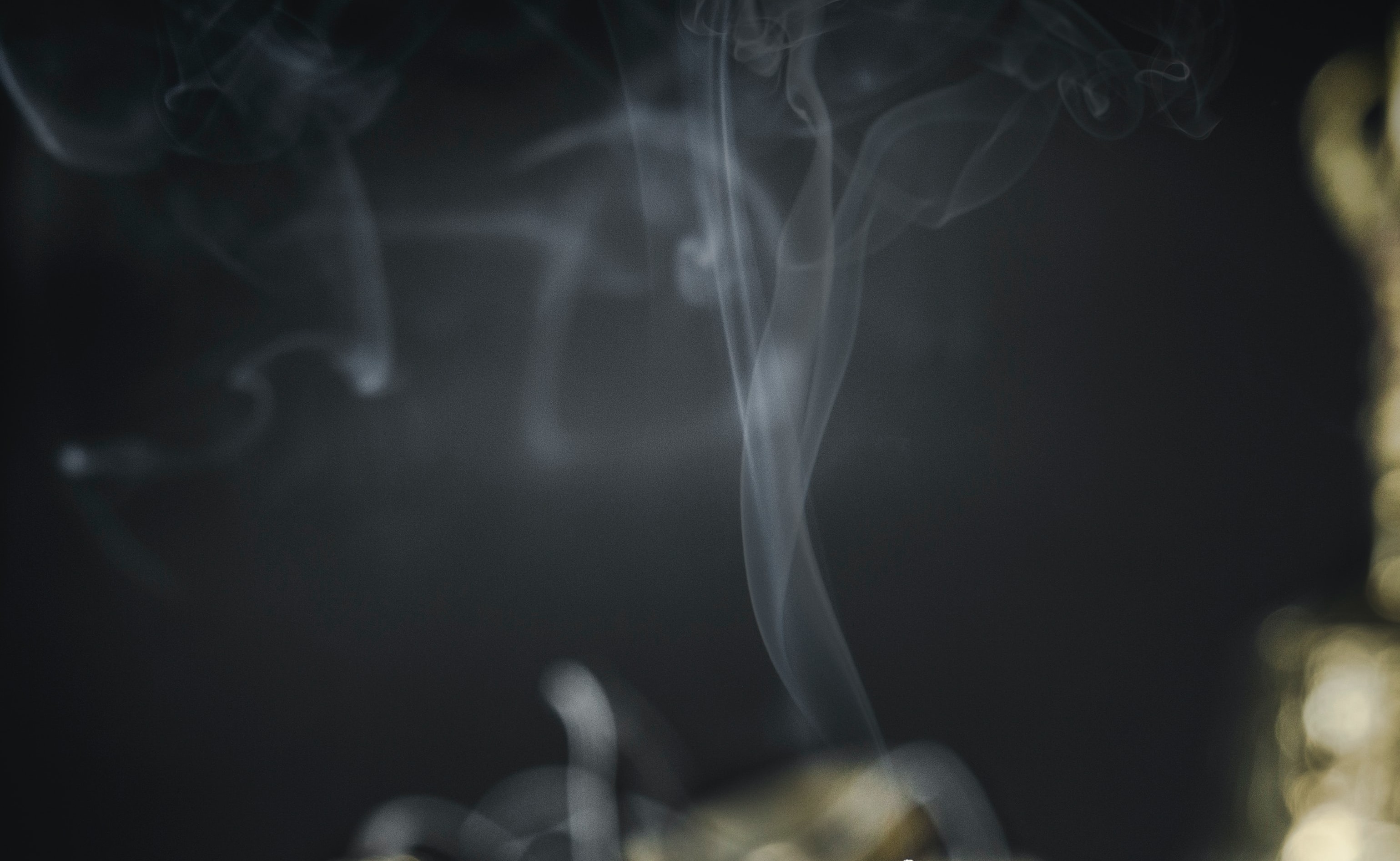Hollis Kurman is contributing Editor at Barrow Street Books. Her poems, one nominated for a Pushcart Prize, have been published and/or forthcoming in multiple journals, including Barrow Street, Rattle, Phoebe, the Ocean State Review, VIA (Voices in Italian Americana), Intima: A Journal of Narrative Medicine, Global Poemic, Lilith, and Scoundrel Time.
Hollis also writes for children. Her début picture book, Counting Kindness: Ten Ways to Welcome Refugee Children (Charlesbridge) has been published in ten countries in 2020-22. The book is endorsed by Amnesty International, was nominated for the Kate Greenaway Medal (UK) 2021 and the DC Libraries Association 3 Stars Award (US) and won a Northern Lights Award (US). A follow-up counting book, Counting in Green: Ten Little Ways to Help Our Big Planet, will be published in 2023.
In addition to her writing, she serves on the Board of Trustees of Save the Children Netherlands, the Human Rights Watch Global Advisory Council for Women’s Rights, and the Fulbright Commission NL Board. Hollis is also Chairperson of the Ivy Circle and moderates literary events. She holds degrees from the University of Pennsylvania and Georgetown University. She lives in Amsterdam and can be found online here.
The root of this poem is the scapegoat ritual as told in the traditional Yom Kippur Torah reading. The reading tells of Aaron’s offerings to God as atonement, including a bull and two goats. Living in Amsterdam, and not especially religious, I would go once a year to services at the magnificent 17th century Portuguese Synagogue. Perched on a cold wooden bench in the women’s rafters, I’d spend the day in an entranced state, alternating my gaze between the cavernous, candle-lit space and the prayer book. I don’t speak Hebrew and therefore would follow along in Dutch, its harsh consonants and twisted diphthongs somehow making the telling of slaughter and sacrifice even more graphic, riveting, and unsettling. As synagogues have come to feel less safe, I no longer go. But the scapegoating feels more poignant every year, and myths are alive and well.
